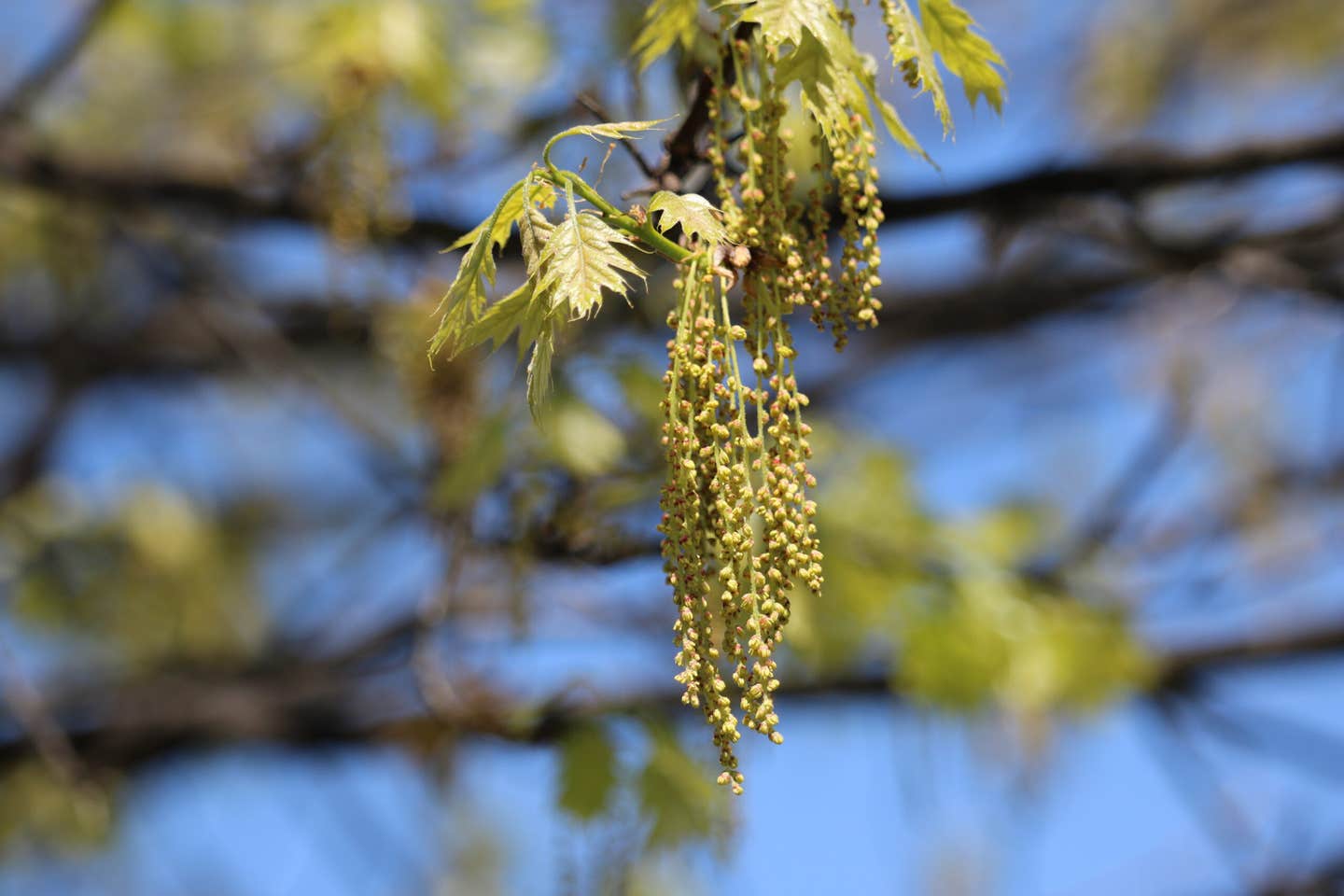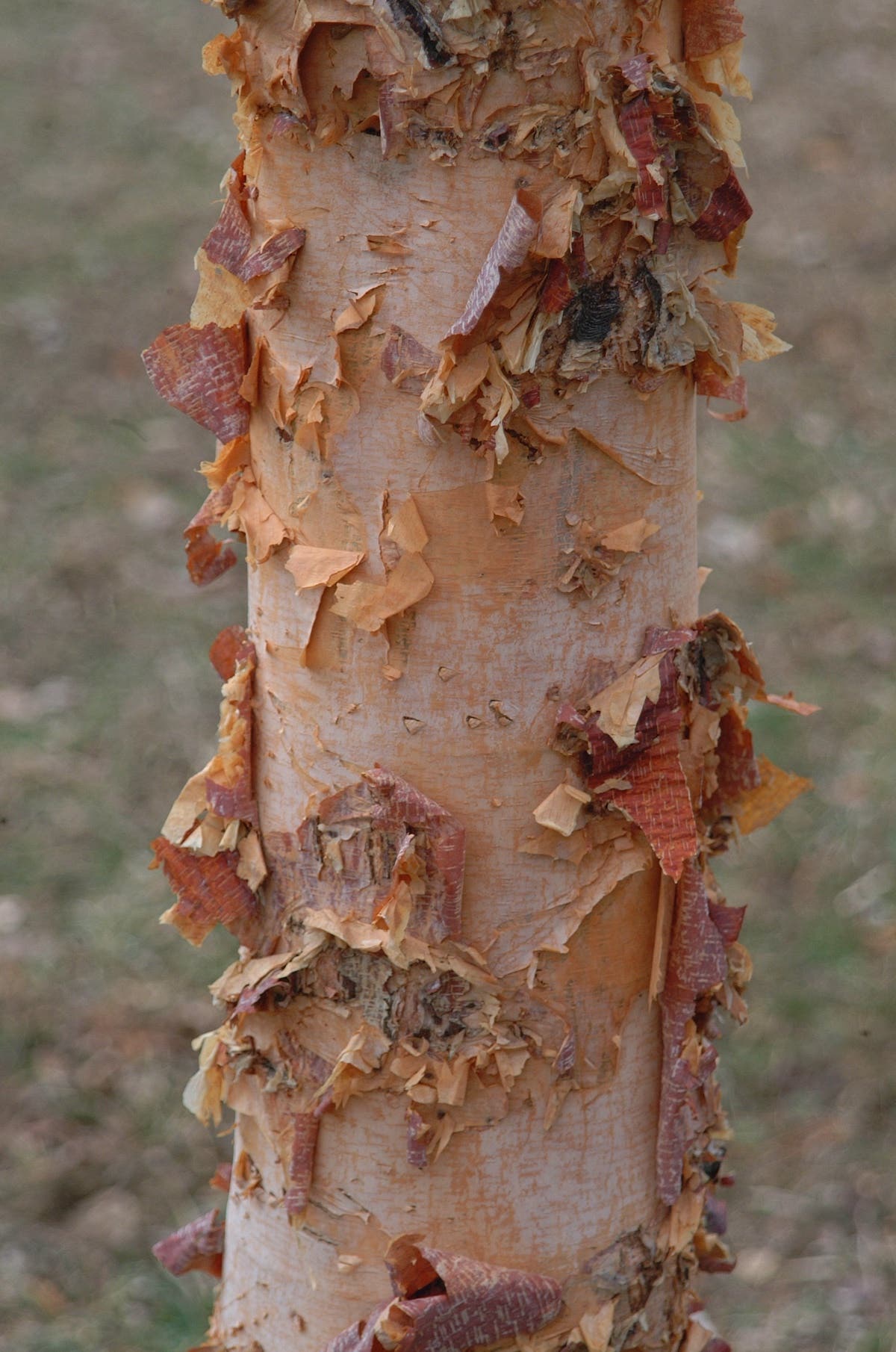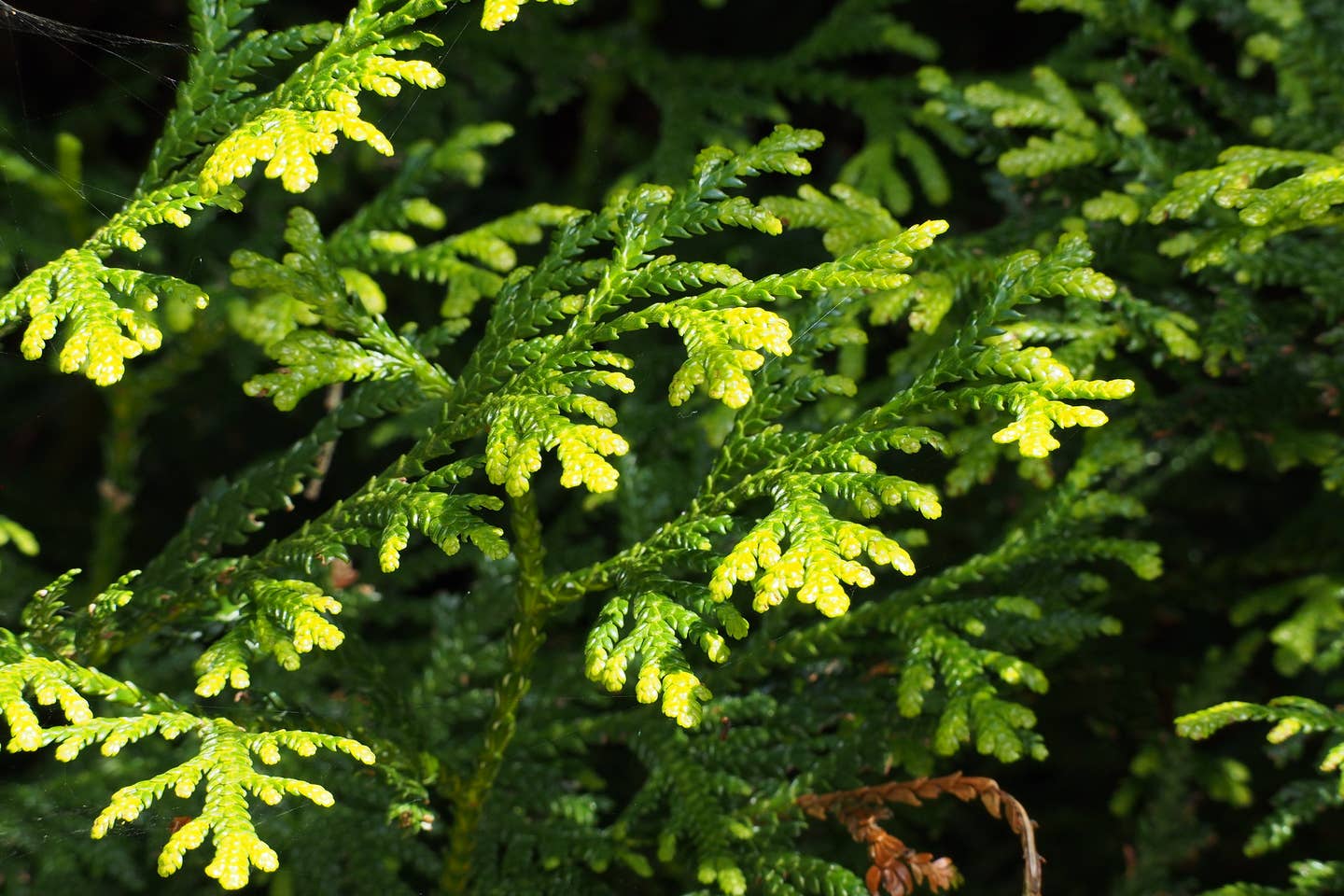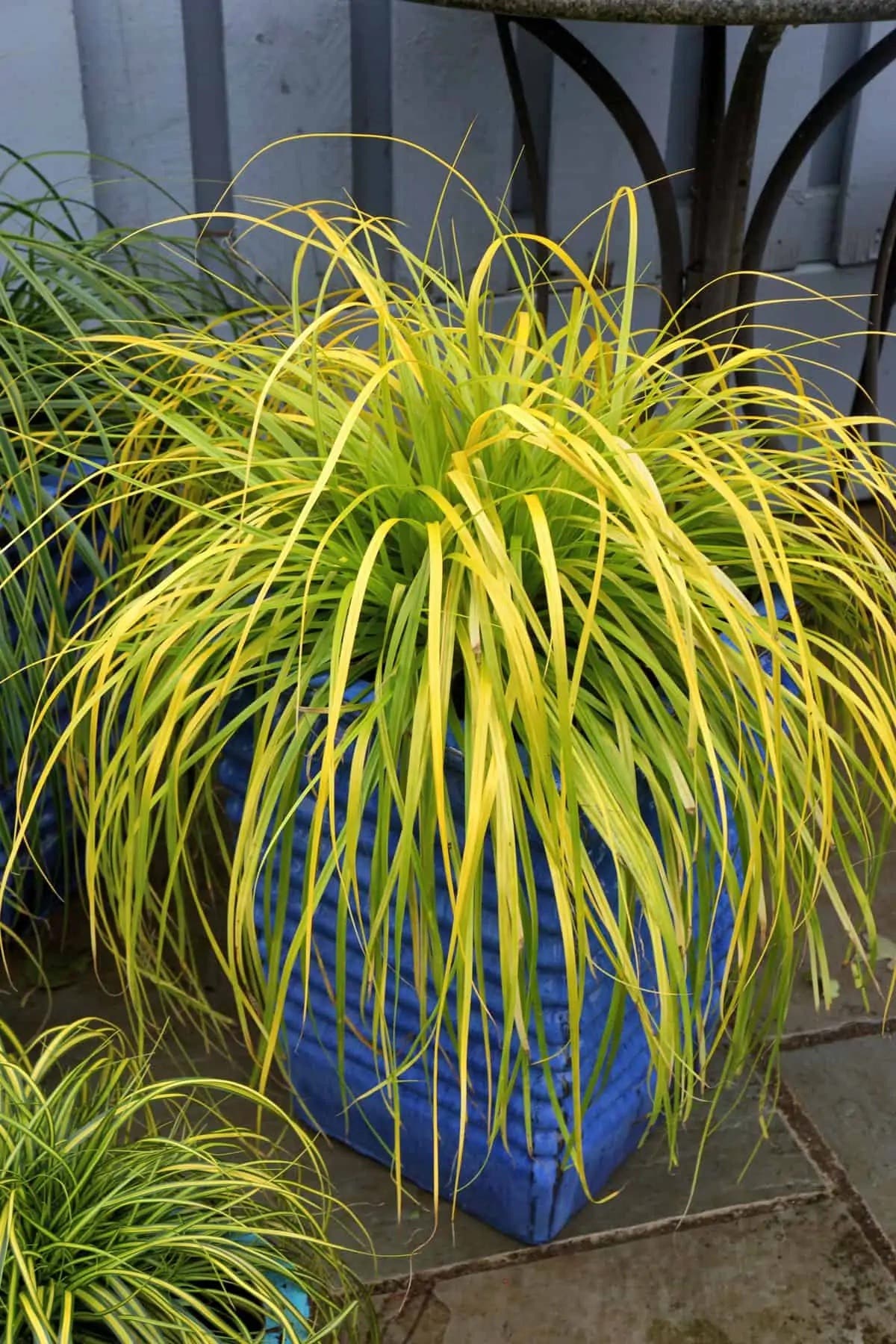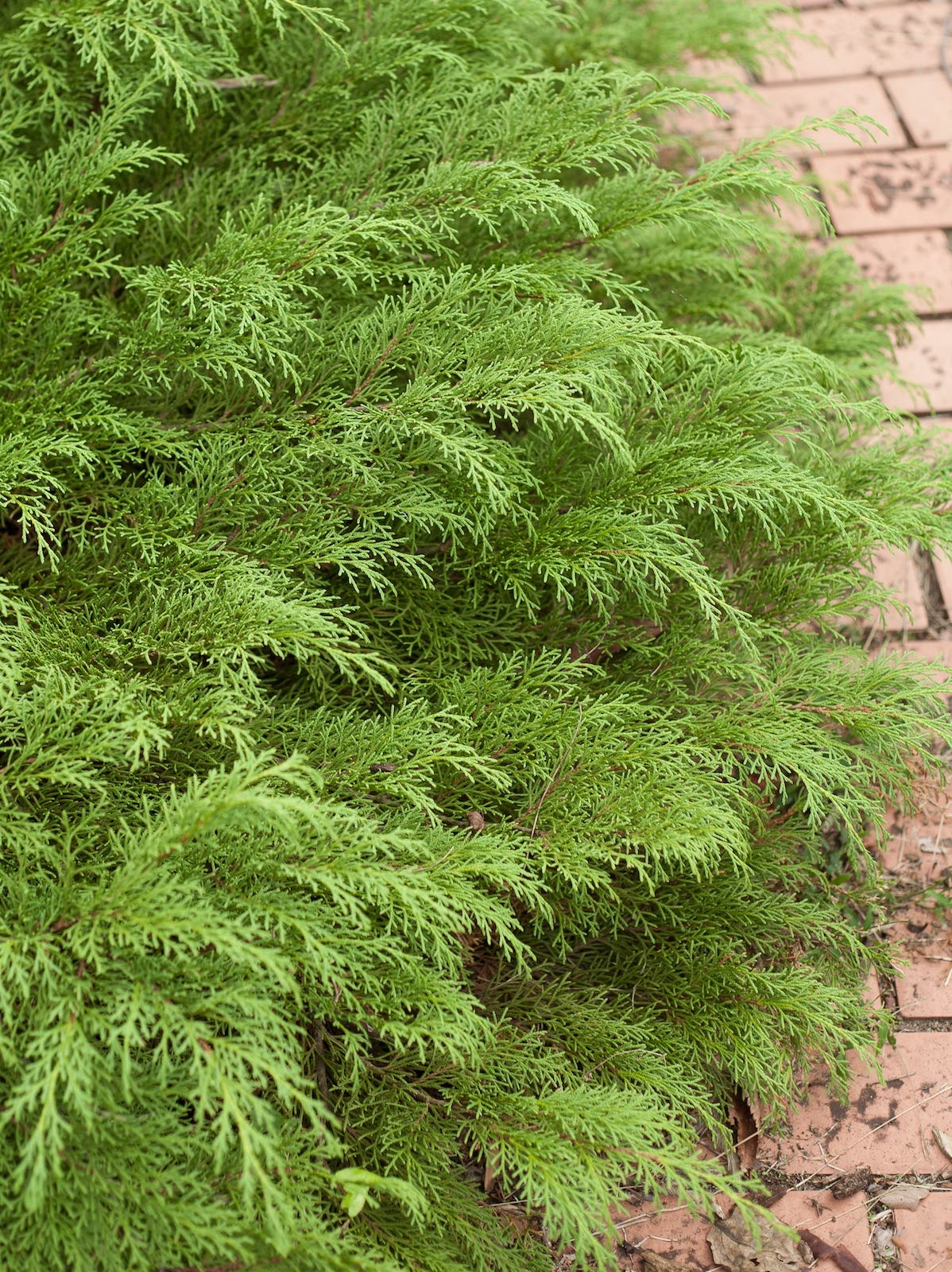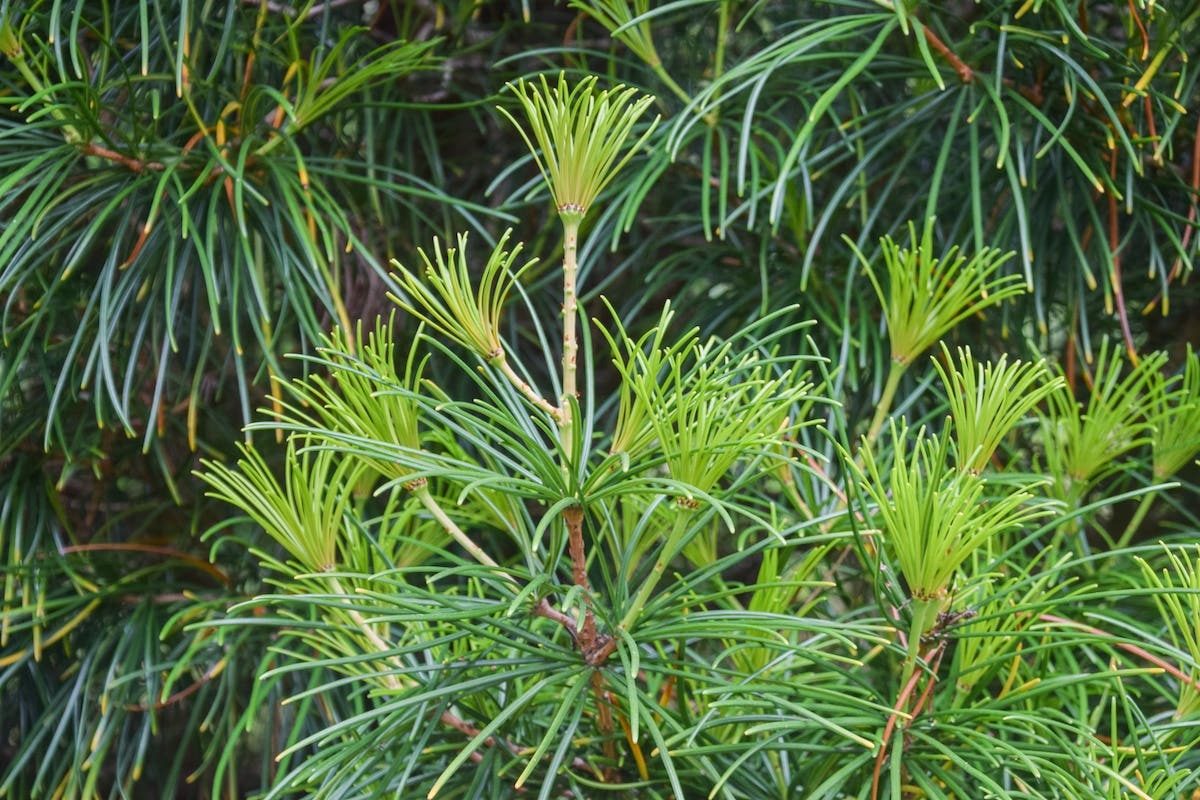Iris Cristata Is an Iris for the Shade
Iris cristata is a low-growing, low-maintenance eastern-native plant that will spread, though not aggressively, as a ground cover in shade gardens. It contributes showy blue, purple or white iris flowers in early to mid-spring.
Virtues:Iris cristata is a low-growing, low-maintenance eastern-native plant that will spread, though not aggressively, as a ground cover in shade gardens. It contributes showy blue, purple or white iris flowers in early to mid-spring.
Common name: Dwarf crested iris
Botanical name:Iris cristata
Exposure: Part sun to full shade
Season: Early to mid-spring, for flowers
Flowers: This shade-loving iris blooms in early or mid-spring, with flowers standing about six inches above the ground despite their very short stems. The straight species blooms in lavender with white and gold markings. There are several varieties that expand the color range through deeper purple and blue, as well as white.
Foliage: Strappy, bright green leaves rise to about six inches and gently arch back toward the ground.
Habit: Crested iris grows spreads by rhizomes (underground stems); this growth habit along with its dense foliage makes it a nice ground cover. It typically stands six inches tall with an indefinite spread if its growth goes unchecked.
Origins:Iris cristata is native to wooded slopes and sandy stream banks of the eastern United States, from New York and Massachusetts south to Georgia and west to Illinois, Missouri and Oklahoma.
How to grow Iris cristata: Site dwarf crested iris in part sun or full shade, in average soil with good drainage. It will accept full sun, too, but only where the soil stays consistently moist (but not waterlogged). Topdress annually with compost and/or shredded leaves to enrich the soil and keep this woodland plant happy. Propagate Iris cristata by dividing and replanting individual plants from the rhizomatous growth. Division should take place just after flowering. USDA Zones 4–8.
Top image credit: KenCanning / iStock / Getty Images
Bottom image credit: CharlesGibson / iStock / Getty Images


